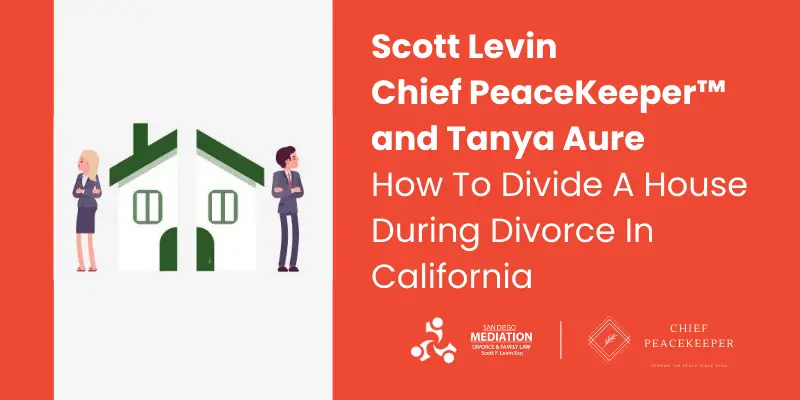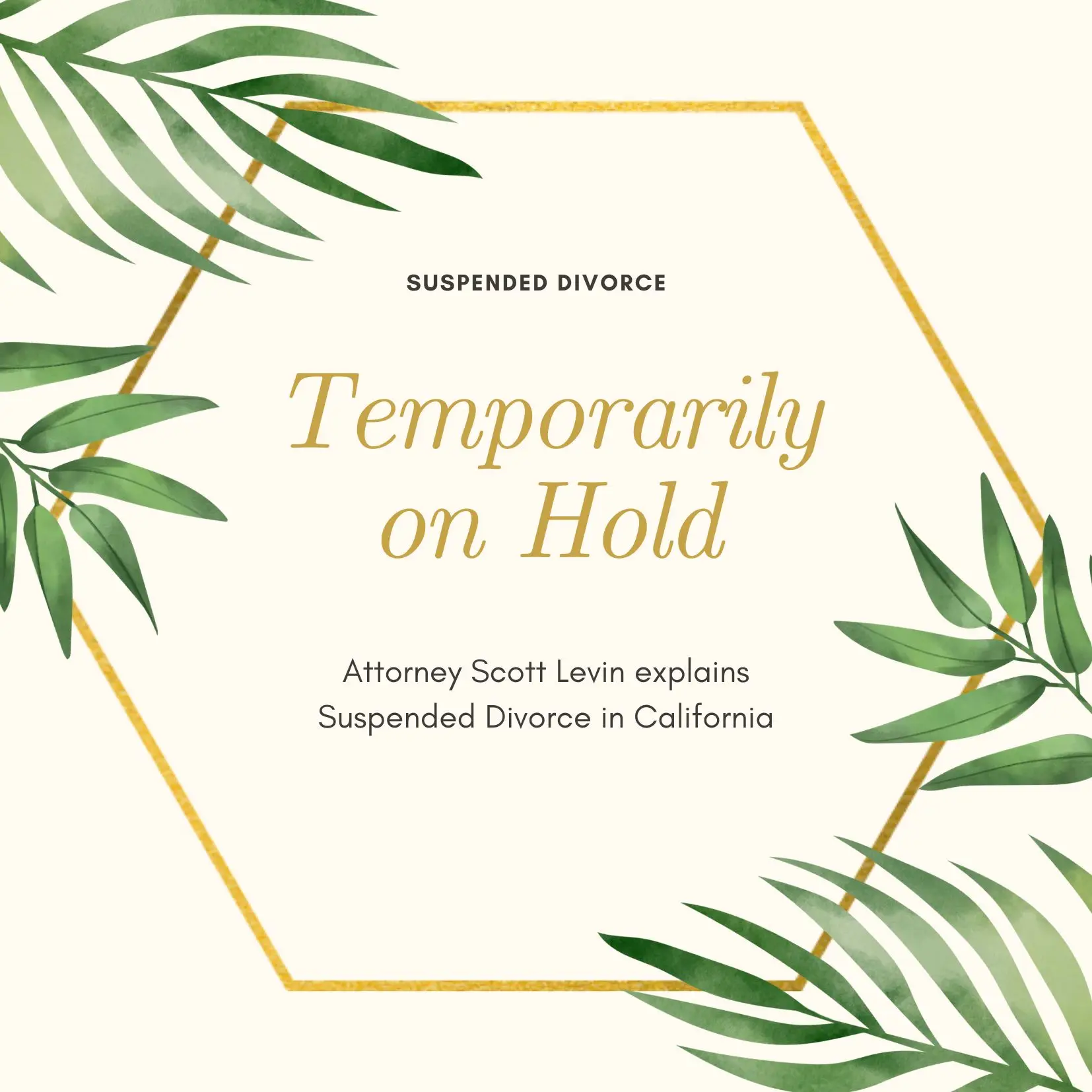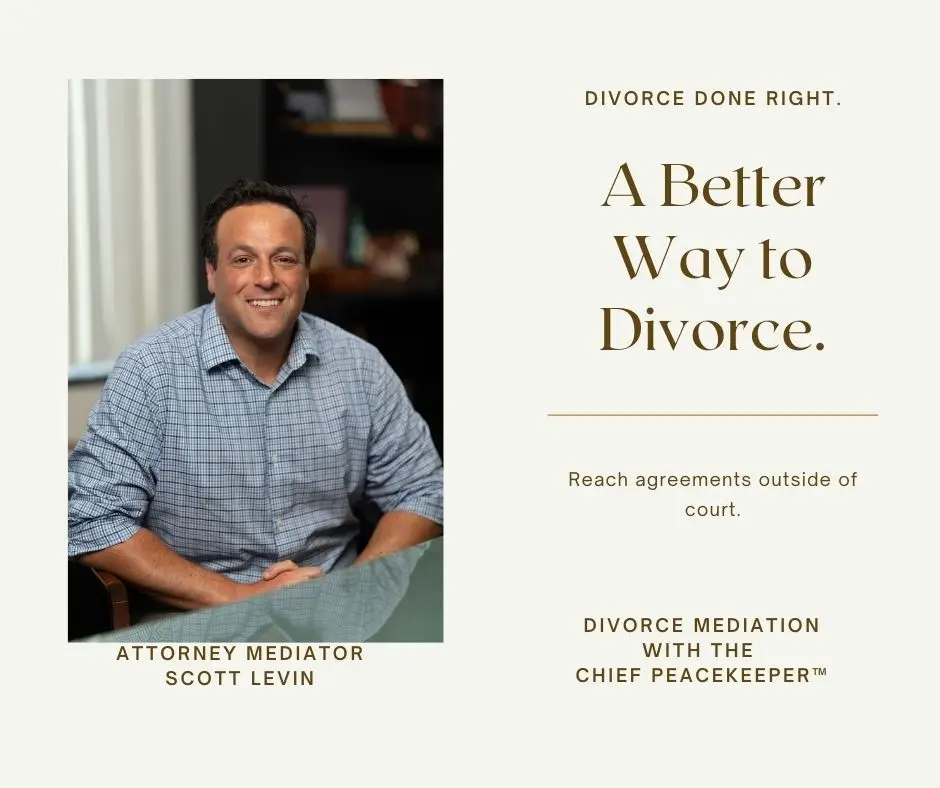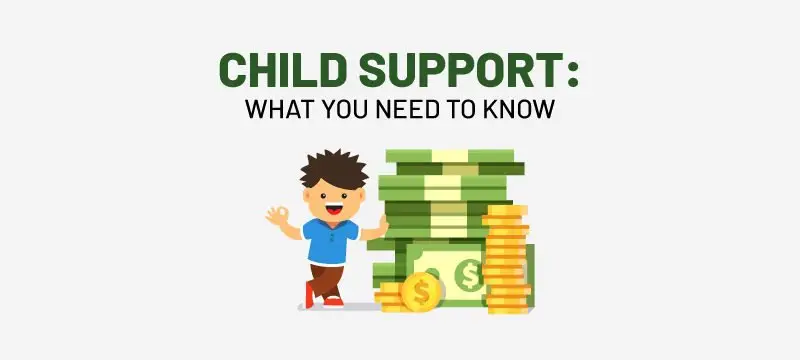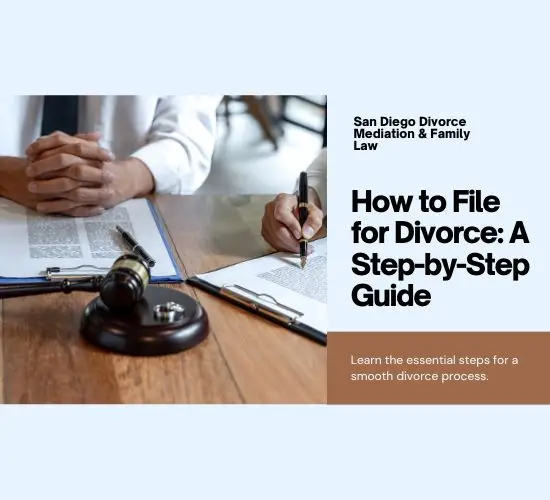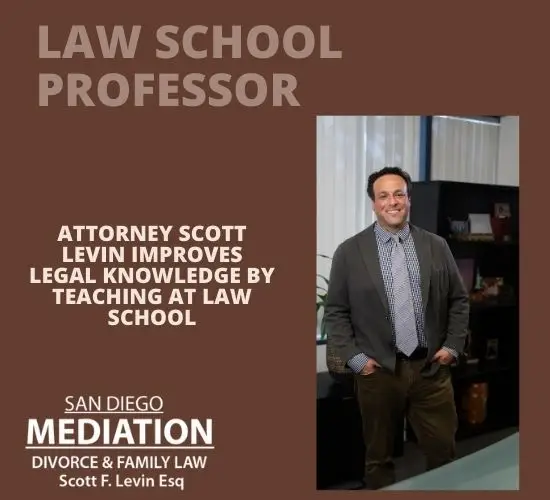Dividing The Family Home in a California Divorce
Often the biggest asset in a California divorce is the home. During a California divorce, community property is identified and that property is owned by the parties in some manner. If the family home is entirely community property, spouses will sell the home and divide the net proceeds, do a buyout so that one spouse owns the property and the other receives compensation, or they can also continue to own the property together in some instances. When we mediate divorces for our clients, all options are explored and explained so that the couple can choose the best path for them and the entire family.
Of course the family home is often the largest asset owned by the parties and there are certainly issues that can arise which complicate the division of the home and valuing the home in a California divorce in different ways. The valuation of the home along with the valuation of other assets, and determining whether they are in part or whole community or separate property, can be a complicated endeavor.
CDFA mediation attorney Scott Levin believes that his financial expertise helps couples mediate fair settlements. With a background as a CEO, CFO, licensed CFDA, and a one-time divorce litigator turned mediator, Scott is convinced that his financial literacy is tremendously impactful in the successful mediation of financially complex, affluent divorces.
he recently recorded two videos with expert Certified Divorce Financial Analysts Rana Davidson and Tanya Aure so that you can learn about your options from these top rated Divorce Financial experts which will leave you understanding the possibilities and potential issues that arise when exploring the division of a family house during a California divorce.
If you and your spouse are both willing to participate in the mediation process, it can be a great way to save time and money while retaining more control over the outcome of your divorce. Remember, mediation is not always appropriate for every couple or situation. Be sure to consult with a family law attorney to determine the best path forward for your particular circumstances.
When you and your partner need help divorcing amicably, schedule a free virtual consultation.

